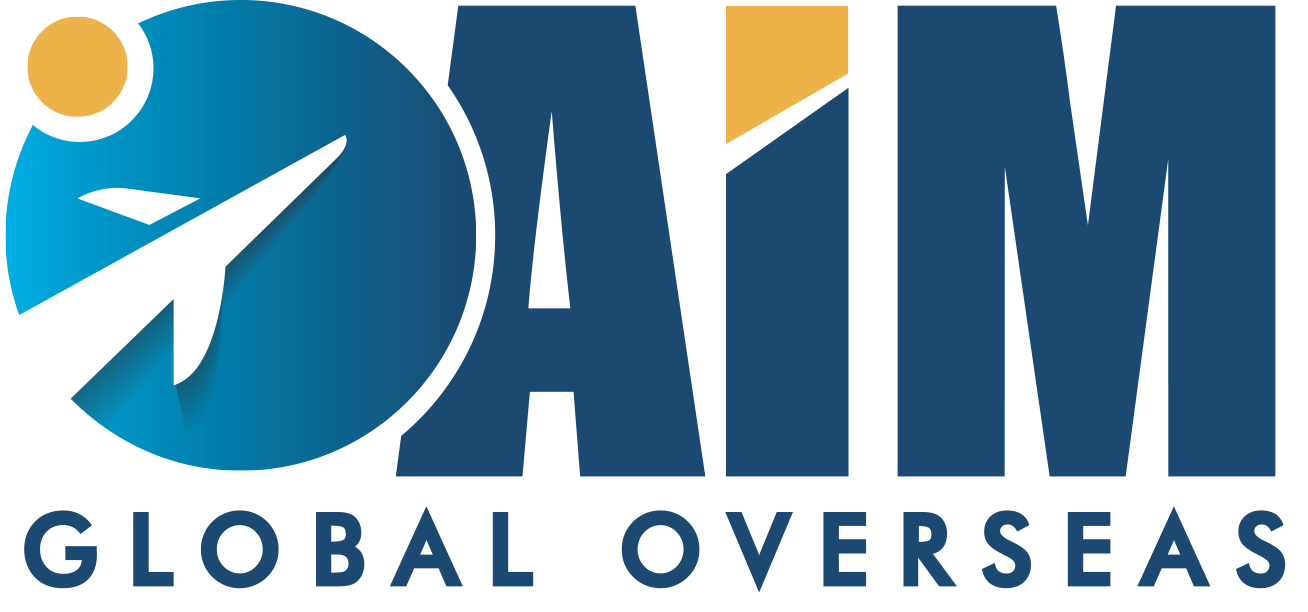
Switzerland offers a good cultural boost for the international students looking for different options in study abroad. It helps the students to expand their cultural horizons as it is a home for four national languages — Swiss German, French, Italian and Romansch giving them equally rich in cultural diversity. This makes Switzerland the ideal choice as a study abroad destination. Switzerland is a home to a friendly and caring educational environment. It has a quality academic standard. The high quality of education is relatively accessible, and a larger chunk of the student population is international students. You will meet and associate with people from all over the world, giving you a very global outlook and politically neutral understanding of life.
Why Study in Switzerland:
- High-quality education
- International Degree
- World-leading research environment
- Low tuition fees
- study programs in English
- Low student/faculty ratio and small working groups
- Excellent facilities
Education System in Switzerland
School: In Switzerland, every child must attend at least the elementary school. Our country provides various schools at different levels. Because the cantons are responsible for the educational system, the names, the subjects, the starting age of the students and the duration vary significantly between the cantons. The rest of this document therefore focuses on how it works in the canton Zürich.
Kindergarten: Unlike school, children are not required to attend Kindergarten, but most children do go to Kindergarten. Children may attend Kindergarten for one year or two years. Because they are supposed to start school at the age of seven, they go to Kindergarten when they are five and six years old.
Volksschule “Elementary school”: The Volksschule (“elementary school”) is mandatory for all Swiss children. They must either attend the public school or must go to a private school. Elementary school starts at the age of seven and lasts at least eight, but usually nine years.
Berufslehre “Apprenticeship”: In Switzerland, most kids start a Berufslehre (“apprenticeship”) after elementary school. Depending on the profession, an apprenticeship takes two to four years. Apprentice will get trained at a company or organization, but also attend school for one or two days a week. Some companies also provide additional classes on their own. After apprenticeship and depending on their education, young people can either start a job or join other schools for further education.
Universität “University”: There are eleven Universitäten (“universities”) in Switzerland, nine of them are run by a canton, two are run by the confederation. In general, the universities run by the cantons provide non-technical subjects, whereas the universities run by the confederation provide technical subjects. The later are therefore called “Swiss Federal Institutes of Technology”.
